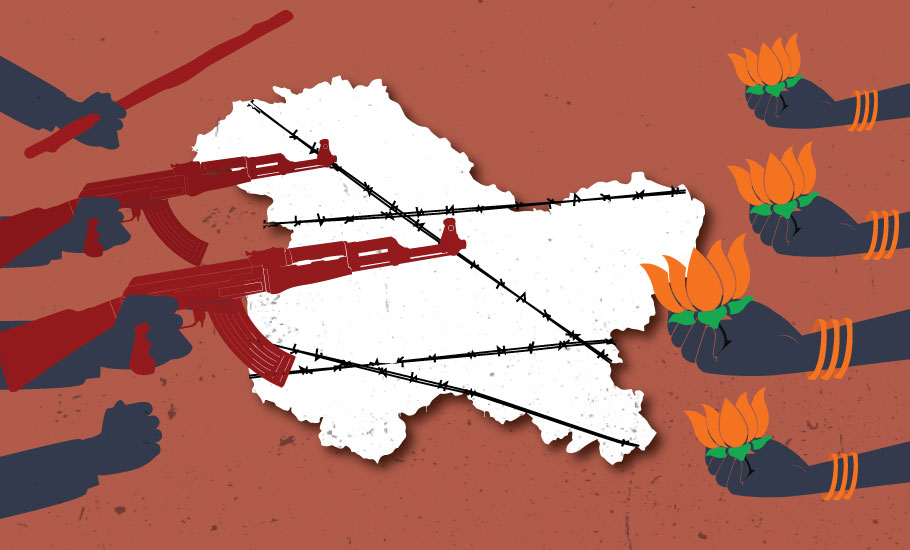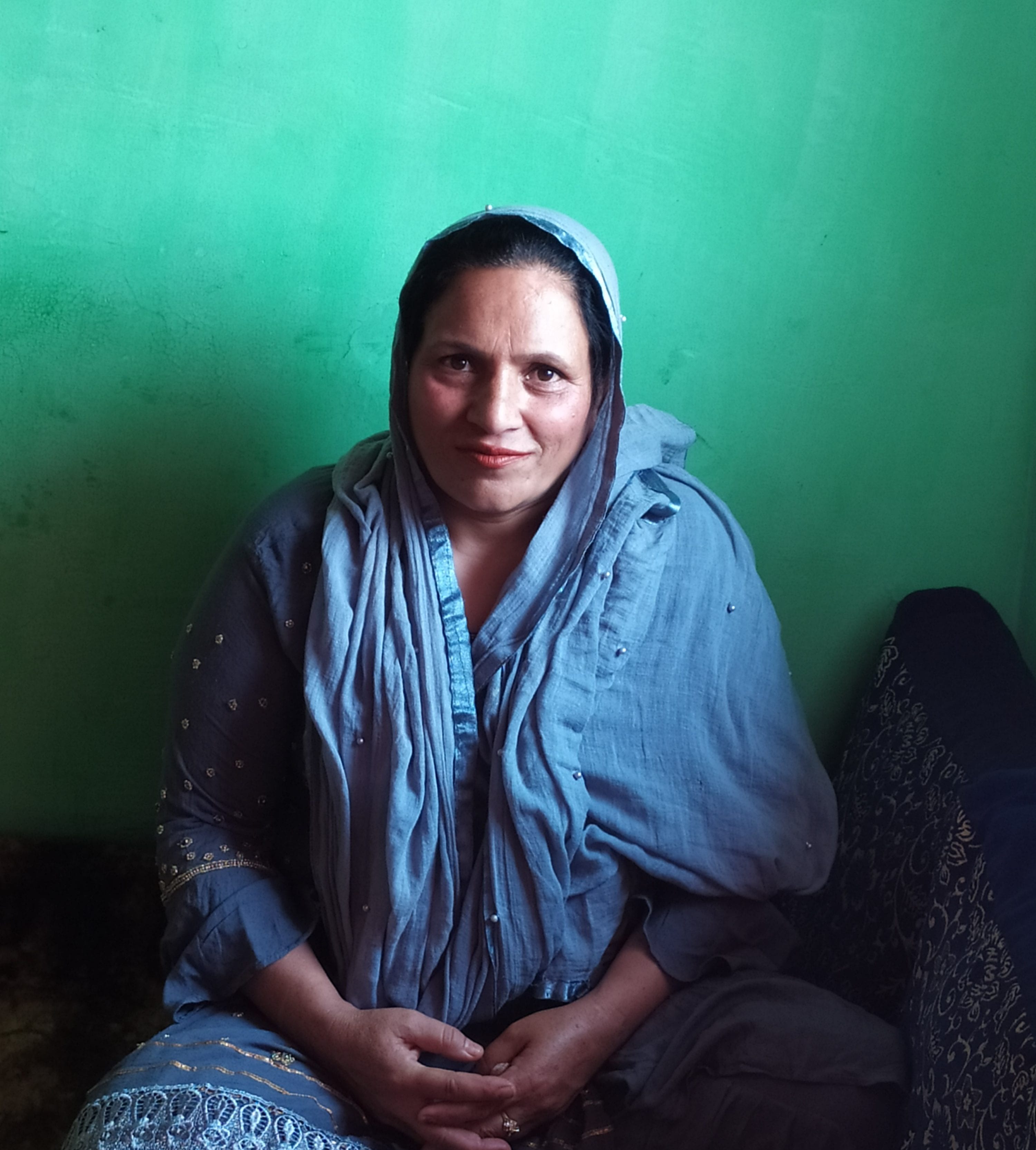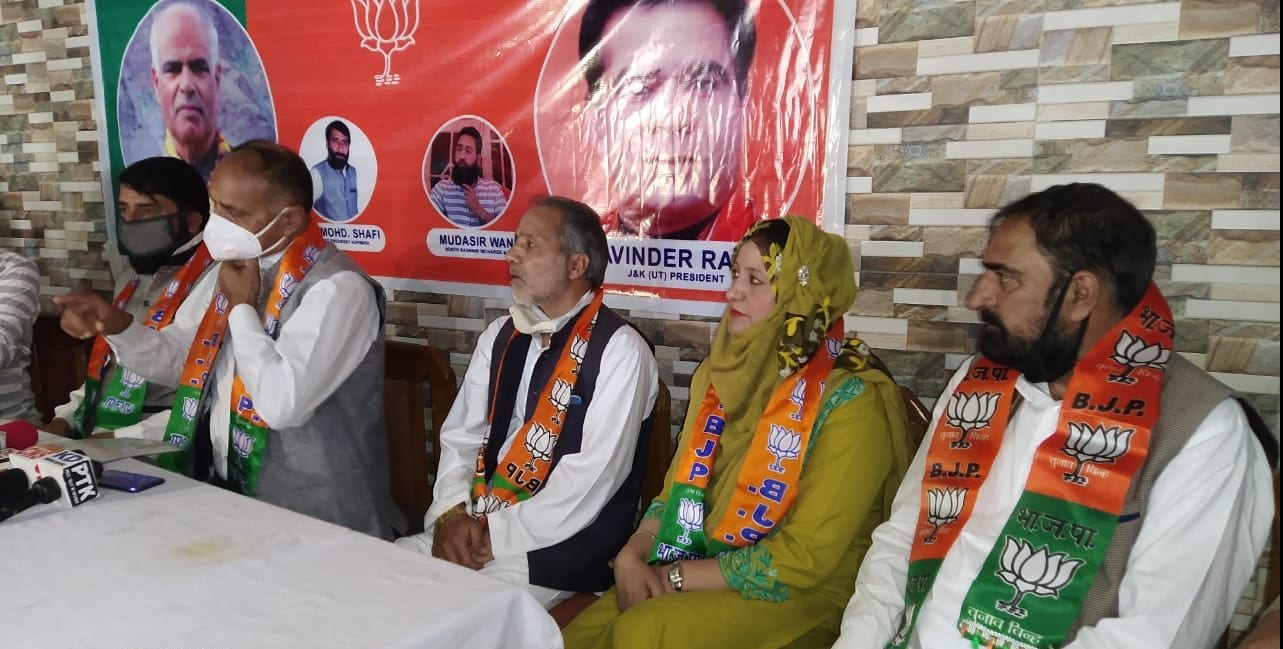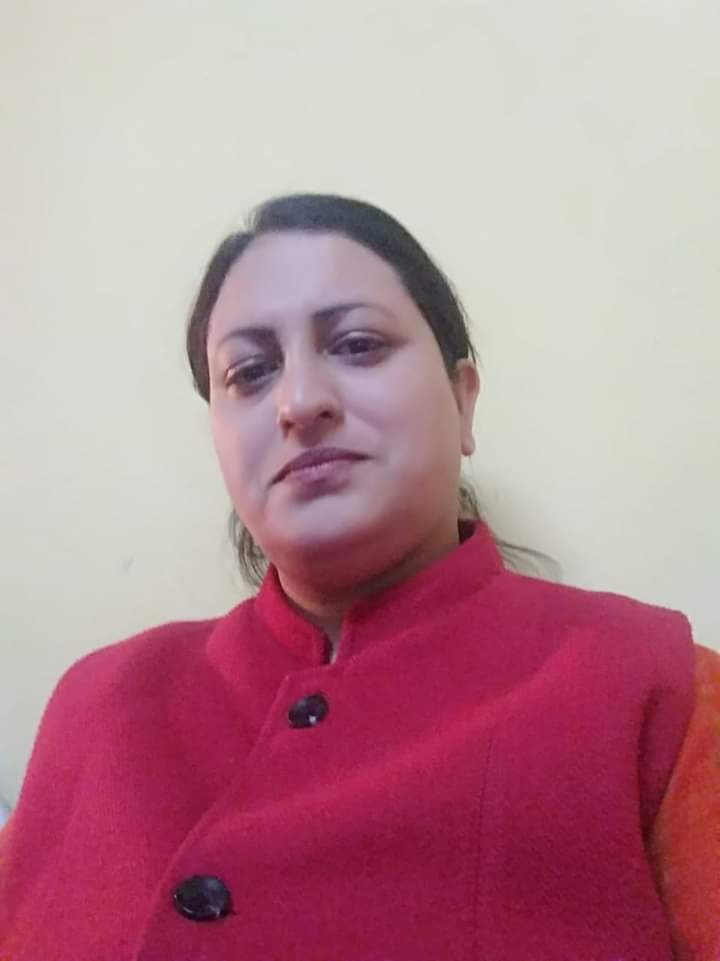
- Home
- India
- World
- Premium
- THE FEDERAL SPECIAL
- Analysis
- States
- Perspective
- Videos
- Sports
- Education
- Entertainment
- Elections
- Features
- Health
- Business
- Series
- In memoriam: Sheikh Mujibur Rahman
- Bishnoi's Men
- NEET TANGLE
- Economy Series
- Earth Day
- Kashmir’s Frozen Turbulence
- India@75
- The legend of Ramjanmabhoomi
- Liberalisation@30
- How to tame a dragon
- Celebrating biodiversity
- Farm Matters
- 50 days of solitude
- Bringing Migrants Home
- Budget 2020
- Jharkhand Votes
- The Federal Investigates
- The Federal Impact
- Vanishing Sand
- Gandhi @ 150
- Andhra Today
- Field report
- Operation Gulmarg
- Pandemic @1 Mn in India
- The Federal Year-End
- The Zero Year
- Science
- Brand studio
- Newsletter
- Elections 2024
- Events
- Home
- IndiaIndia
- World
- Analysis
- StatesStates
- PerspectivePerspective
- VideosVideos
- Sports
- Education
- Entertainment
- ElectionsElections
- Features
- Health
- BusinessBusiness
- Premium
- Loading...
Premium - Events

How these Kashmiri women are struggling to spread BJP's message in the Valley
Despite some Kashmiri women standing by BJP, issues like lockdown, internet blockade and domicile law are bound to affect the party.

Inside a cramped hotel room in Srinagar, Suraya Banu, 40, tries to call her family back home in Lolab area of the frontier district of Kupwara in northern Kashmir, around 120 km from here. Her voice seems distressed. A longing and homesickness is in the air. She is missing the comforts of everyday ordinary life. In times of COVID-19 pandemic, she has been quarantined — always under the...
Inside a cramped hotel room in Srinagar, Suraya Banu, 40, tries to call her family back home in Lolab area of the frontier district of Kupwara in northern Kashmir, around 120 km from here. Her voice seems distressed. A longing and homesickness is in the air. She is missing the comforts of everyday ordinary life. In times of COVID-19 pandemic, she has been quarantined — always under the hawkish gaze of her two armed guards — due to her politics and the prevailing situation in Kashmir.
The BJP leader and many of her colleagues were shifted to secure Srinagar hotels after BJP’s prominent face in northern Kashmir Wasim Bari, along with his father and brother, who were also BJP members, was killed in Bandipora district at the twilight of July 8. Bari’s whole family was with the BJP. Bari’s wife Syed Falak and his sister Gousia, who escaped alive, continue their association with the BJP and live under security cover.
Bari’s killing sent top BJP leaders, including general secretary and the party’s Kashmir pointsman Ram Madhav, scurrying to Bandipora for mourning. He also extended monetary help to the female party members from the family.
The killings once again attest to the detestable tightrope walk for the pro-India political camp in Kashmir, especially for those belonging to the ruling party, BJP.
Official figures inform that around seven BJP workers have been killed in as many years. After Bari’s killing, at least 55 BJP workers were shifted to secure hotel accommodations from their native places. Around 20 BJP workers, including 12 women, were provided with personal security as well.
Suraya is also living in a hotel in Srinagar and has been doing so since 2013, when she joined the BJP. A few months back, she says, the BJP leadership had promised to provide them government quarters in their own districts, but nothing has come of it till now.
She made her political debut in 2014, contesting the assembly election from Republic Party of India (RPI), an ally of BJP-led NDA alliance in 2011. Like other unknown parties cropping up during election time in Kashmir, Suraya’s outfit was dismissed as a proxy party of the BJP floated to eat away the vote share of the two Kashmir-based parties — National Conference (NC) and People’s Democratic Party (PDP).
“It was difficult for me to win that time because people were not ready to tolerate BJP,” she admits. That was when Amit Shah had boasted of ‘Mission 44’ to win a majority in the then 87-member assembly of the erstwhile state of J&K.

“Since 2014, BJP has come a long way in the Valley,” Suraya says in her overcrowded hotel room. “At least, one can do small developmental works in the constituency now. It was unthinkable earlier. But yes, majority of the people in Kashmir still don’t make peace with the BJP.”
With BJP during Vajpayee’s times
Like Suraya, Haleema is holding the fort for the ruling BJP in the northern Kashmir’s frontier town of Uri. She joined the party in 2001.
“When I joined the BJP, people were not ready to accept its members due to militancy,” Haleema recalls. At that time, NDA I, led by prime minister Atal Bihari Vajpayee, was ruling in Delhi.
In 2002, she says, she met Vajpayee, Lal Krishan Advani, Murli Manohar Joshi, Nitin Gadkari, Narendra Modi, Amit Shah and other BJP leaders in New Delhi.
“I even had the fortnight-long election grooming at the residence of late Sushma Swaraj. She taught me to obey the party and help the masses,” she says.
This session was followed by her first formal training with the BJP’s Chhattisgarh unit. Over the years, she has received many such trainings in different states across India.
In Kashmir, as a silent servant of the Sangh, Haleema says she would frequent the ground and map the mood of the people for the BJP fountainhead Sangh Parivar.
“We understood the ground mood. This is why the curfew imposed last summer in the wake of the abrogation of Article 370 saved countless lives in Kashmir,” she says. “I know many Kashmiris were arrested and sent to jails, but at the same, stone pelting and strike culture waned in the Valley.”
Time for change?
Even though these female foot soldiers of the BJP endorse the party line, now they want some change too.
Recently, they presented a memorandum to Ram Madhav about Article 370 and job security for Kashmiris. “I am presently working in the mandate committee of the BJP, where the young BJP is following the vision and footsteps of the old BJP,” Halima says.
“Wait till August 5, 2020 and you will see some relaxations in Article 370, like land won’t be owned by outsiders, and there will be job security for natives. We have put these demands before Ram Madhavji many times.”
But then, not every supporter or member of the BJP is of the same opinion and is unnerved by the rattling attacks against them and government orders against the people in the Valley.
A few days after Bari’s killing, 30-year-old BJP worker from Handwara, Mubeena, who had joined the party in November 2019, announced her resignation. “I choose BJP for the public welfare, but the reality is different. The party never kept us in the loop.”
As a thumb rule of sorts, every person who comes into the party brings his or her own contacts with them. “But when you can’t do anything for your people, you’re simply deceiving them,” she argues. “So when I felt that BJP wasn’t letting me work for the welfare of people, I quit.”
For Mubeena, BJP’s “development agenda” was an instant attraction to join the ranks. “Pursuing politics is difficult in Kashmir. Men continue to dominate the field and call the shots. People like me who try to make an unlikable party like BJP acceptable in Kashmir are ignored.”
The hatred towards the party is such that even BJP sarpanchs introduce themselves as representatives of some other regional parties or social work organisations on the ground, she says,
“The fact is that they cannot even tell the truth. BJP won’t make it in Kashmir, no matter what they do. Their apathetic treatment towards the members is further damaging their cause,” she opines.
Contested membership
Despite deserters like Mubeena, Sangita Dogra, president of the Mahila Morcha wing, says their brigade is only gaining ground in the Valley.
“We have an active group of over 99 core members associated with BJP Mahila Wing in UT of Jammu and Kashmir,” says Dogra.
The party’s J&K spokesperson, Altaf Thakur, claims that a staggering 50,000 women are associated with the BJP in Kashmir Valley. Insiders from the BJP claim that the documented female members of the BJP in Kashmir would be around 3,000.

At 40, Shakeela from Kupwara is a divorcee and a diehard supporter of the BJP. A single parent of two children, she joined the BJP in 2019 as a district president. “Earlier I was with Congress and NC,” says Shakeela, who has shifted to a hotel in Srinagar.
“I contested the sarpanch election in 2018 on NC’s ticket, but lost. I am happy with the BJP,” she says, adding that the only problem is finances. “I am not able to meet the needs of my family. I have a team of 30 women. I have to think about them as well.”
Struggling socially and financially for being BJP’s flag-bearer in the Valley, Shakeela also faces online fury.
“Recently, when my photo was circulated on Facebook, netizens wrote some nasty words against me. I felt bad,” she says, adding, “But then I realised that those trolls were simply jealous of a woman leading from the front. Our general secretary Ashok Koul has taught us to handle such situations well.”
Old guard at play
Unlike Shakeela’s recent rendezvous with the BJP, Shaheena has been with the BJP for the last 15 years.
As the BJP Mahila Morcha’s Srinagar district president, she even contested the councillor elections on the party ticket.
“We improved our ranks during the COVID-19 pandemic by distributing food kits, masks and sanitisers among people,” says Shaheena. “While reaching out to the people, I make it sure to tell them that they shouldn’t allow badmouthing against the country which feeds and provides them living facilities.”
Shaheena stays in a hotel on the banks of the famous Dal Lake in Srinagar. Although she needs no introduction in the area, because of her politics and affiliation, she lives a life of a captive.
“Whenever I have to move out, I have to inform the police,” she says. “We are following a strict security protocol, especially after Bari’s killing. I even avoid my car and secretly go out in a three-wheeler.”
‘Getting due’ in BJP
Amandeep Kour, a 23-year-old BJP sarpanch from Fatehpura Baramulla, says that the other political parties don’t want women to come forward. “But BJP provides us the much-needed platform for women empowerment.”
“Before COVID-19, I was providing ration cards and sorting dowry issues, but now, I am distributing masks, sanitisers and food kits among the people.”
She says that 21 government departments fall under the panchayat but hardly anyone works on the ground. “In Kashmir, we see officials on the ground only at the time of Back-to-Village programme when they are compulsorily sent by the administration.”
Till now, Kour says, she has provided a playground, made toilets, facilitated for Jan Dhan accounts in her area. “I am not alone,” she says. “I have around 1,000 women behind me.”
Lotus in South Kashmir
Ever since they joined BJP, Rehana from the restive Kulgam district says, she and her family have been living under hostility from people around and constant militant threat. Although she hails from a village in Kulgam district, she doesn’t stay there and lives on rent in Khanabal area of Anantnag district.
“People there don’t like the BJP,” explains Rehana, district president of the women’s wing in Kulgam. “My daughter is the BJP sarpanch in Anantnag, while my husband is sarpanch in Kulgam, People sometimes call us mukhbir (informer of the government and armed forces).”
Rehana joined the BJP along with her husband and daughter in 2014. Before joining BJP, she says, her husband was a vegetable seller. After joining the party, Rehana has received many threats in the form of letters asking her family to leave the party or face consequences.
“In fact, when our landlord came to know that we are with the BJP, he asked us to leave the house,” she says. “He would have thrown us out had we not paid five months’ rent in advance.”
Rehana has to pay monthly rent of ₹6,000, excluding electricity bill but her husband gets only ₹3,000 per month from the panchayat, she says. “That’s how we manage and survive.”
Like Rehana, Rashida Mir also comes from Kulgam. She says she joined politics to work for the welfare of unemployed youth, as J&K has the highest rate of unemployment in north India.
“In 2008, I contested on a ticket of Samajwadi Party and lost,” Rashida says. “I then joined NC, where juniors aren’t getting an equal opportunity to excel in politics.”

In 2014, Rashida contested assembly elections as an independent candidate, and lost again. “Finally, in 2015, I joined BJP,” she says. “I brought around 150 women from Kashmir into the party.”
But despite rooting for the Lotus in the valley, Rashida fears for her safety. “I don’t feel safe anymore,” she says.
“My daughter who is at my mother’s place told me recently that she doesn’t need anything in life except me,” she rues.
After Bari’s killing, she adds, “I can’t even see her at will. We cannot move freely, and are living as prisoners in hotels.”
Back to hotel room
Back in her dingy hotel room, Surayya talks about public scrutiny she faces for her party affiliation every now and then.
“Whenever I visit my hometown Lolab, people do ask me, ‘Why did you choose BJP? Don’t you think the party is hell-bent to change our demography and our religion?’ But I tell them that I am in the party for development only.”
However, not everyone buys her arguments. Apart from hate, she faces fury. But she makes no bones about the fact that BJP’s flag-bearers, the sarpanchs, councillors or BDC members, are creating ground for BJP in the Valley at the risk of their lives.
“Take us out of the scene,” she says, “and BJP won’t stand a chance in the Valley. We people play with our lives by engaging people through water, electricity and schemes.”
After abrogation of Article 370, Suraya had visited her hometown and tamed flying tempers, saying the BJP was only going to create jobs and industries in Kashmir.
“But then, the domicile law was passed,” she laments. “Even the local BJP became speechless. People raise questions now, saying they have now lost their bread and butter and identity,”
She foresees that as concerns regarding domicile are rising in Kashmir, the problems for the BJP and its workers on the ground would also increase.
“Amid threats and quarantine for our politics, she thinks that they have become mere political pawns in the Valley today.”
